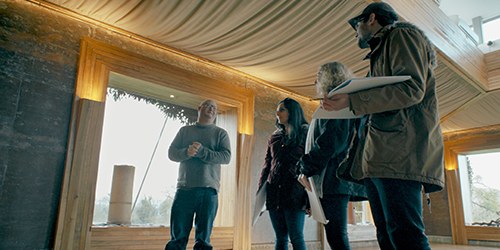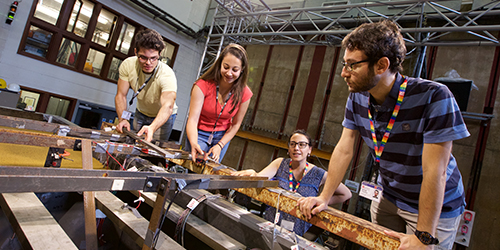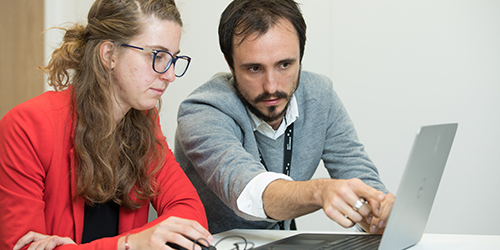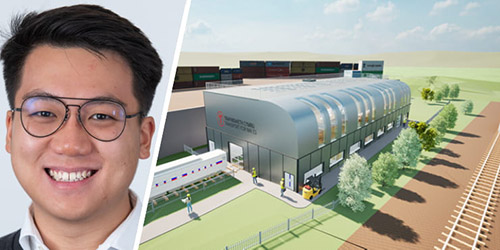Civil Engineering
Civil engineers shape the world. From the supply of clean water and transport systems to earthquake-resilient schools and smart cities; they design, build and maintain the infrastructure that supports our economies and quality of life.
Ranked 1st in the UK
Bristol is ranked 1st in the UK for Civil Engineering (Guardian University Guide 2025).
World-class facilities
Our students have access to world-class laboratory facilities, including the most advanced earthquake shaking table in Europe.
Sustainable development
Civil Engineering at Bristol has signed up to the Institution of Civil Engineers' and the Institution of Structural Engineers' climate emergency pledges.
Civil Engineering courses for 2025
Single Honours
Civil Engineering at Bristol
Known globally for expertise in environmental engineering and resilient infrastructure, Civil Engineering at the University of Bristol is shaping the world we live in.
Our fully accredited courses give you the skills to design large and unique structures and tackle global, social and environmental problems, from providing safe drinking water and renewable energy to developing disaster-resilient and sustainable infrastructure. Our students have access to world-class laboratory facilities, including the most advanced earthquake shaking table in Europe.
Our research activities provide a stimulating study environment, and our degrees balance deep theoretical knowledge with advanced practical experience to ensure our graduates' excellent career prospects.
The University is amazing - welcoming and well equipped. I enjoy how practical the course is. We do lots of fun projects, such as building bridges using 3D and laser printers. The teaching staff are very hands on and genuinely care about their students.
Career prospects

Upon graduation you will be recognised by ICE, IStrucE, CIHT and IHE as an incorporated engineer, on your path to becoming a chartered engineer.
There are huge engineering challenges to be solved over the next 50 years, such as tackling and adapting to climate change, inventing creative energy solutions and renewing our infrastructure. We equip you with the skills needed to become a future leader in civil engineering.
Our graduates are highly sought after by top employers, including civil engineering consultancies, utility companies, the army, public transport, power generation and supply companies.
A high proportion of our graduates progress to further study. You will need further approved training with an employer to gain Chartered Engineer status.
Course structure

You will learn about:
- environmental and sustainable engineering
- designing and building major structures
- project management
- community and infrastructure planning, design and liaison
- disaster risk management
- urban infrastructure and smart cities.
The first two years cover the basics of engineering analysis and design. This includes structural engineering, mathematics, soil and fluid mechanics, materials and surveying. You will use cutting-edge software, develop your coding skills, make and test models of structures such as buildings or bridges, and learn about their design.
In year three you will undertake a major research project with supervision from a relevant academic expert. Units in professional studies will widen your knowledge of the business, management, ethics and legal sides of the construction industry. You will gain scheme design skills including structures like dams, buildings, and road intersections.
In year four you can develop your specialist knowledge through optional units which may include Smart Cities, Advanced Structural Design, Water Resources Management, Renewable Energy, Disaster Resilience and Sustainable Development, or Earthquake Engineering. For MEng students, the fourth year culminates in a design project based on real design problems that have often emerged through our links with industry.
Industry connections

Our Industrial Liaison Office matches every student with an industrial mentor and assists with internships and year-in-industry placements. Engineers from industry partners provide in-depth technical input and support for the group design project.
Our internship scheme attracts a wide range of technology and engineering companies, allowing you to make important connections for the future and develop practical experience in design offices and on construction sites.
Our close research ties with industry helps ensure the Civil Engineering courses are supporting the development of graduates that meet the future needs of the profession.



